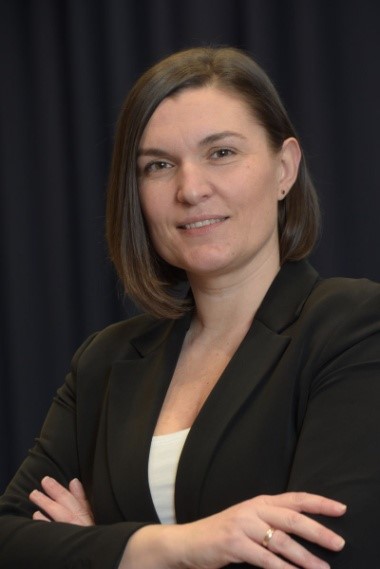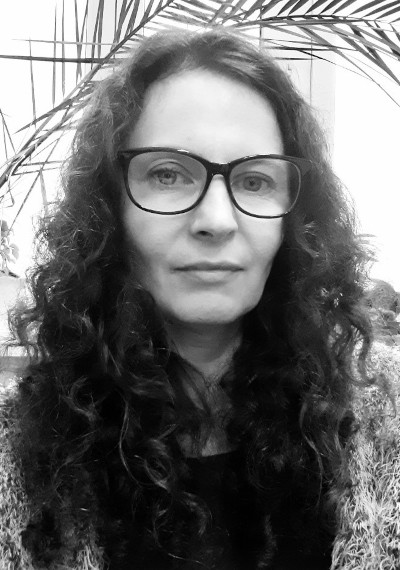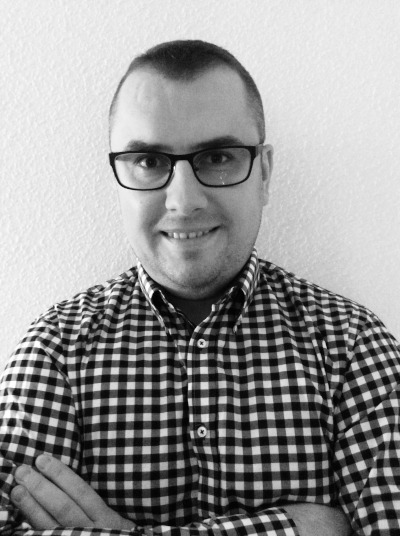GRANULAR (Giving Rural Actors Novel data and re-Useable tools to Lead public Action in Rural areas)
is a project under the Horizon Europe programme. This four-year project will generate new insights for characterising rural diversity based on a multi-actor and interdisciplinary approach.Insights from multi-actor labs will generate novel datasets using a wide range of methods and primary data, such as remote sensing, crowd-sourced data, mobile phone data and web scraping. This will then be combined with a variety of existing institutional data to derive indicators relevant to rural communities for the implementation of the Long-Term Vision for Rural Areas (LTVRA), to measure resilience, well-being, quality of life and attractiveness.
The project will create a Rural Compass, which takes into account the factors affecting rural communities and their functional characteristics, informing policy-makers and rural actors for the design of tailored rural policies. This novel conceptual and methodological approach will provide a comprehensive insight into the multiple factors and drivers that impact rural areas, accounting for their diversity.
It will directly support concrete policies, by informing rural action with the opportunities and requirements in terms of data-collection methods and indicator development to enhance and support the co-creation and co-learning with multiple actors in rural areas.
After ensuring the scalability of the results, datasets, data visualisation and other tools will be made available on a dedicated platform designed by, and for, rural actors and rural policy-makers. Led by CIHEAM Montpellier, GRANULAR gathers 23 partners (academic institutes, international organisations, NGOs, rural networks, and local authorities), including many partners from SHERPA and other H2020 projects, such as DESIRA, POLIRURAL and ROBUST.
 Dr Agnieszka Kurdyś-Kujawska – is an assistant professor at the Department of Finance of the Faculty of Economic Sciences of the Koszalin University of Technology. She graduated from the Faculty of Economics and Food Economy Organization at the Agricultural University of Szczecin (2005). She received her Ph.D. degree in economics in 2010 (Faculty of Economics, West Pomeranian University of Technology in Szczecin). She is also employed in European Rural Development Network (ERDN). Her main scientific interests focus on aspects of risk management in agriculture, farmers' adaptation to climate change, building farm resilience, farmers' financial and insurance decisions, and sustainable development of rural areas. She participated in the implementation of national (NCN, NCBiR) and international (Horizon 2020) research grants in the field of risk management in agriculture and rural development and was involved in a project implemented under the Multiannual Program of the IERiGŻ-NRI. In addition, she carried out research financed as part of the statutory activity at the Faculty of Economic Sciences of the Koszalin University of Technology in the field of evaluating the effectiveness and stabilization of agricultural income, financial exclusion of households and building resilient rural areas. As part of the SHERPA (Sustainable Hub to Engage into Rural Policies with Actors; https://rural-interfaces.eu/) project, he manages the Multi-Stakeholder Platform (MAP Zachodniopomorskie; https://rural-interfaces.eu/maps/poland-zachodniopomorskie/) which focuses on analyzing contemporary trends in land use and identifying the relationship between climate change and land use. He is the author and co-author of over 100 scientific papers (published in national and international journals), including chapters in monographs and scientific monographs (in Polish and English).
Dr Agnieszka Kurdyś-Kujawska – is an assistant professor at the Department of Finance of the Faculty of Economic Sciences of the Koszalin University of Technology. She graduated from the Faculty of Economics and Food Economy Organization at the Agricultural University of Szczecin (2005). She received her Ph.D. degree in economics in 2010 (Faculty of Economics, West Pomeranian University of Technology in Szczecin). She is also employed in European Rural Development Network (ERDN). Her main scientific interests focus on aspects of risk management in agriculture, farmers' adaptation to climate change, building farm resilience, farmers' financial and insurance decisions, and sustainable development of rural areas. She participated in the implementation of national (NCN, NCBiR) and international (Horizon 2020) research grants in the field of risk management in agriculture and rural development and was involved in a project implemented under the Multiannual Program of the IERiGŻ-NRI. In addition, she carried out research financed as part of the statutory activity at the Faculty of Economic Sciences of the Koszalin University of Technology in the field of evaluating the effectiveness and stabilization of agricultural income, financial exclusion of households and building resilient rural areas. As part of the SHERPA (Sustainable Hub to Engage into Rural Policies with Actors; https://rural-interfaces.eu/) project, he manages the Multi-Stakeholder Platform (MAP Zachodniopomorskie; https://rural-interfaces.eu/maps/poland-zachodniopomorskie/) which focuses on analyzing contemporary trends in land use and identifying the relationship between climate change and land use. He is the author and co-author of over 100 scientific papers (published in national and international journals), including chapters in monographs and scientific monographs (in Polish and English).

Dr Luiza Ossowska is an assistant professor at the Department of Finance of the Faculty of Economic Sciences of the Koszalin University of Technology. In 2000, she defended her master's thesis at the Faculty of Economics and Management of the Koszalin University of Technology. In the years 2001-2008 she was a doctoral student at the Faculty of Economic Sciences (since 2006 the Faculty of Economics and Social Sciences) of the Agricultural University of August Cieszkowski in Poznań. In May 2008, she defended her doctoral thesis at the Faculty of Economics of the Warsaw University of Life Sciences. The dissertation received a distinction. In the years 2008-2012 she worked as an assistant professor at the Faculty of Economics and Social Sciences at the University of Life Sciences in Poznań. In 2010-2012, she managed a research grant financed by the Ministry of Science and Higher Education. She was an auxiliary supervisor in the doctoral dissertation defended in 2016. As part of the university exchange in 2018, she was at the National University of Lviv. Ivan Franka, and in 2019 at the University of Gjakova in Kosovo. Since February 2020, he has been a member of the team implementing the scientific project entitled "The role, influence and scope of influence of culinary festivals in Poland", financed by the National Science Center as part of the OPUS 17 competition.
Dr Grzegorz Kwiatkowski is an associate professor at the Department of Finance of the Faculty of Economic Sciences of the Koszalin University of Technology. In 2009, he defended his master's thesis at the Institute of Geography of the Nicolaus Copernicus University in Toruń. In 2010-2011, he was the manager of three scientific projects on sustainable tourism development financed from Norwegian funds (EEA Grants). In June 2015, he defended his doctoral thesis at the Department of Social Sciences of the University of Southern Denmark. In 2015-2016, he completed a postdoctoral fellowship at the University of Southern Denmark, and in 2018 he was a visiting professor at the Johannes Gutenberg University in Mainz (Schwerpunkt Polen Programme). From February 2020, he is the head of the scientific project entitled "The role, impact and scope of impact of culinary festivals in Poland", financed by the National Science Center as part of the OPUS 17 competition. In 2020, he received a three-year scholarship of the Minister of Science and Higher Education for outstanding young scientists.
